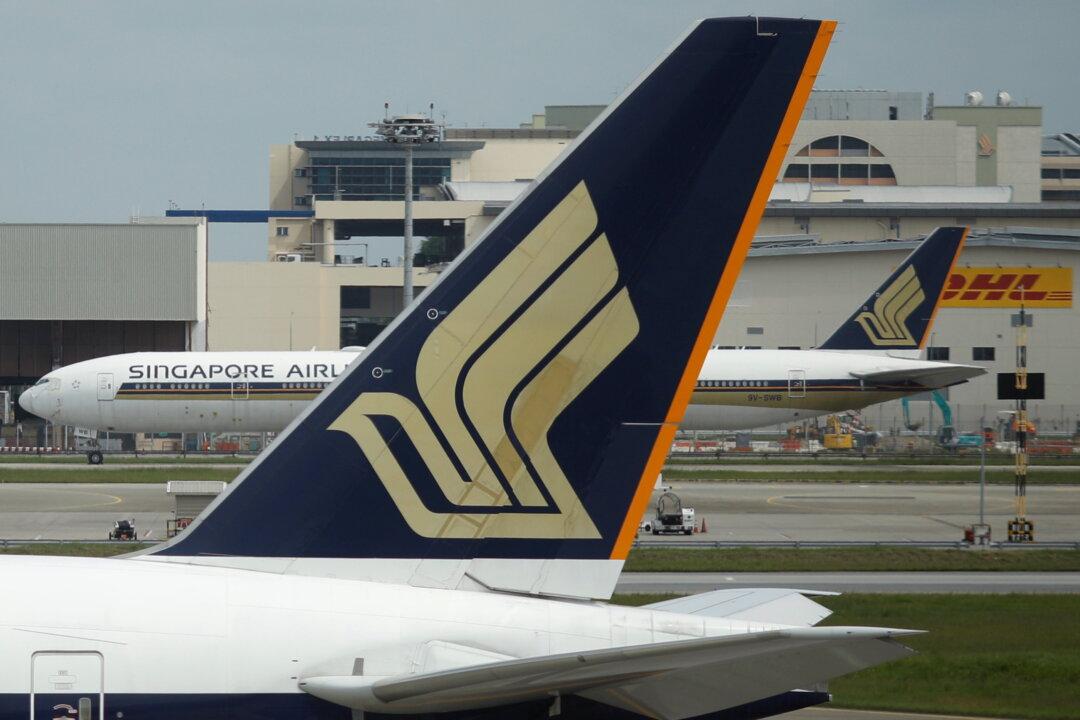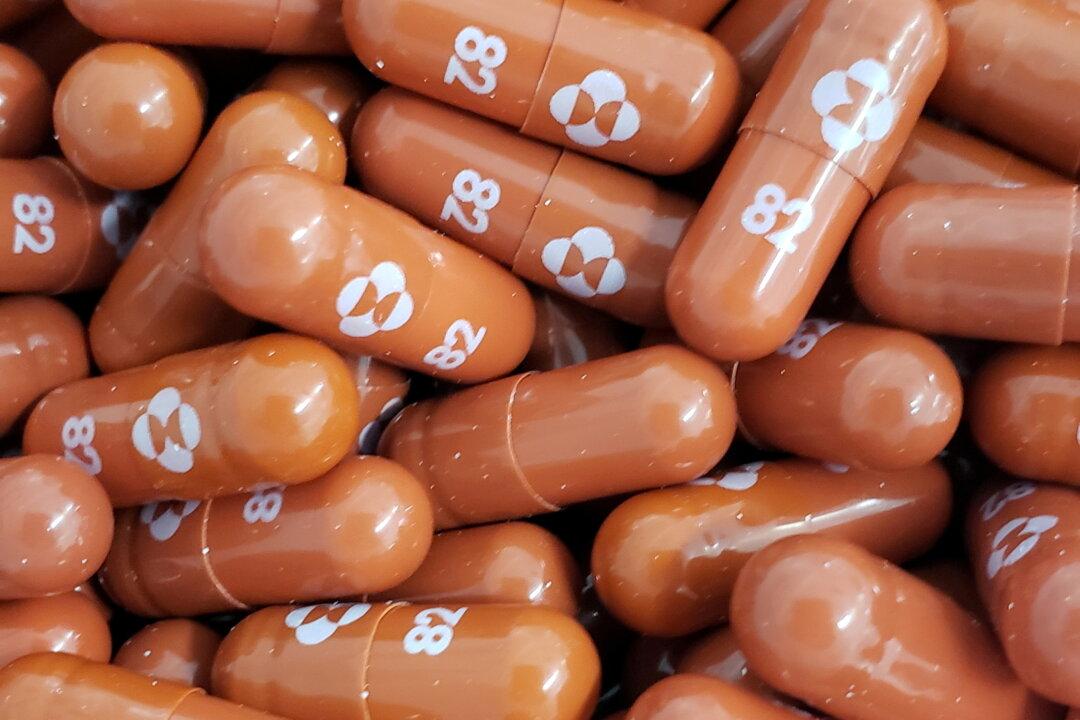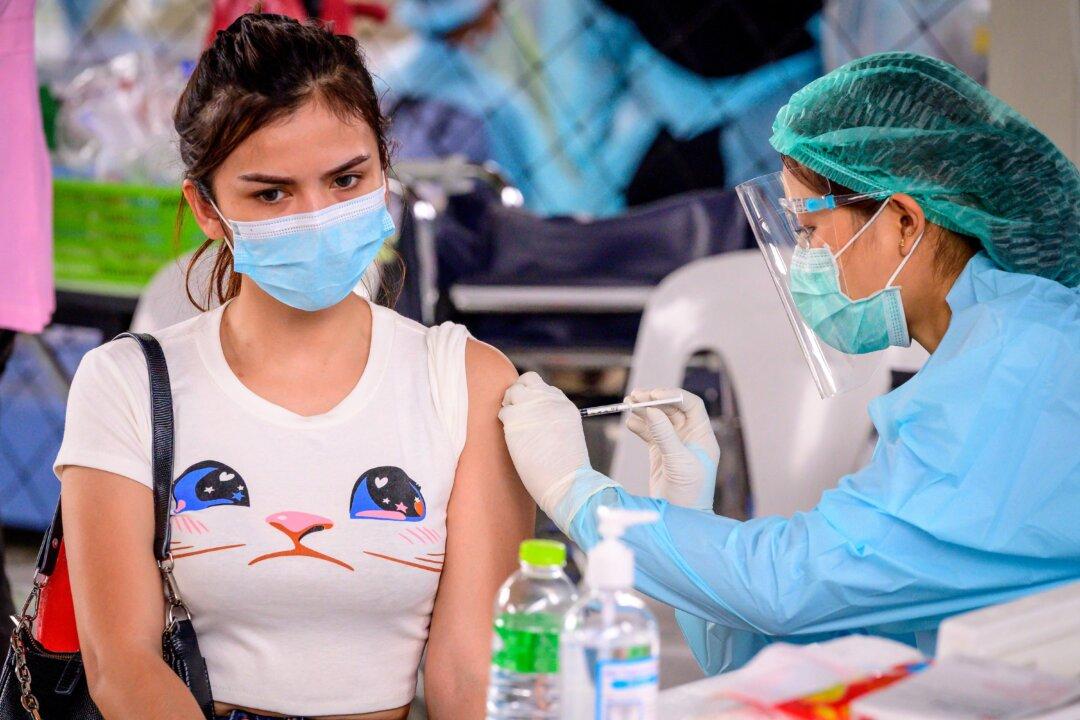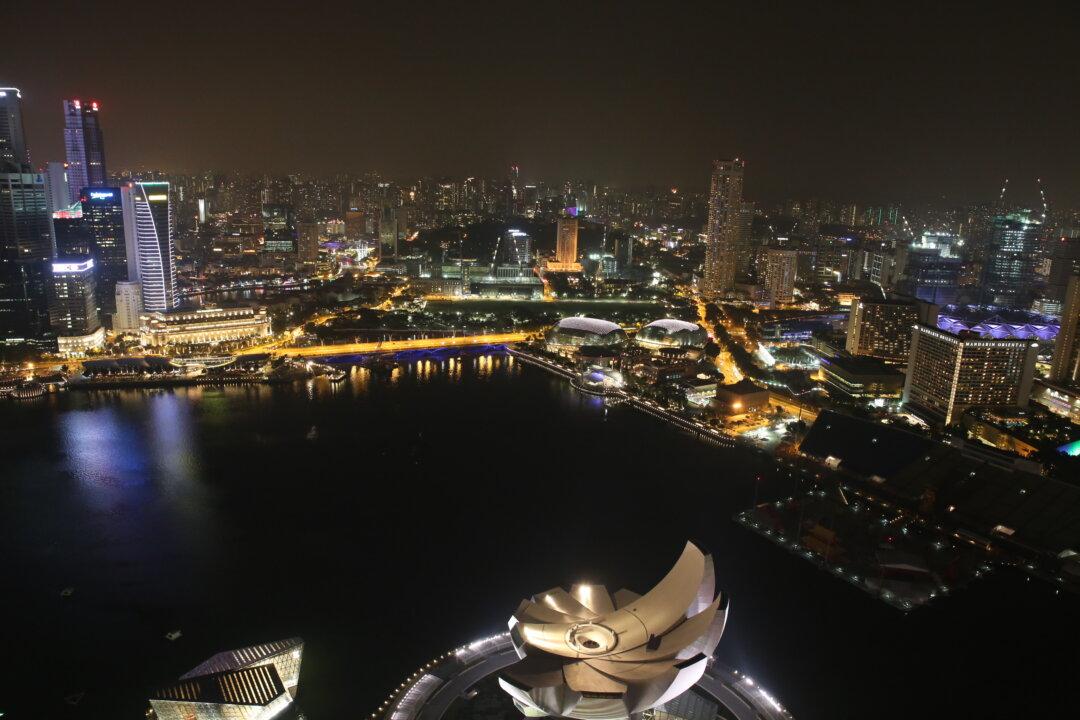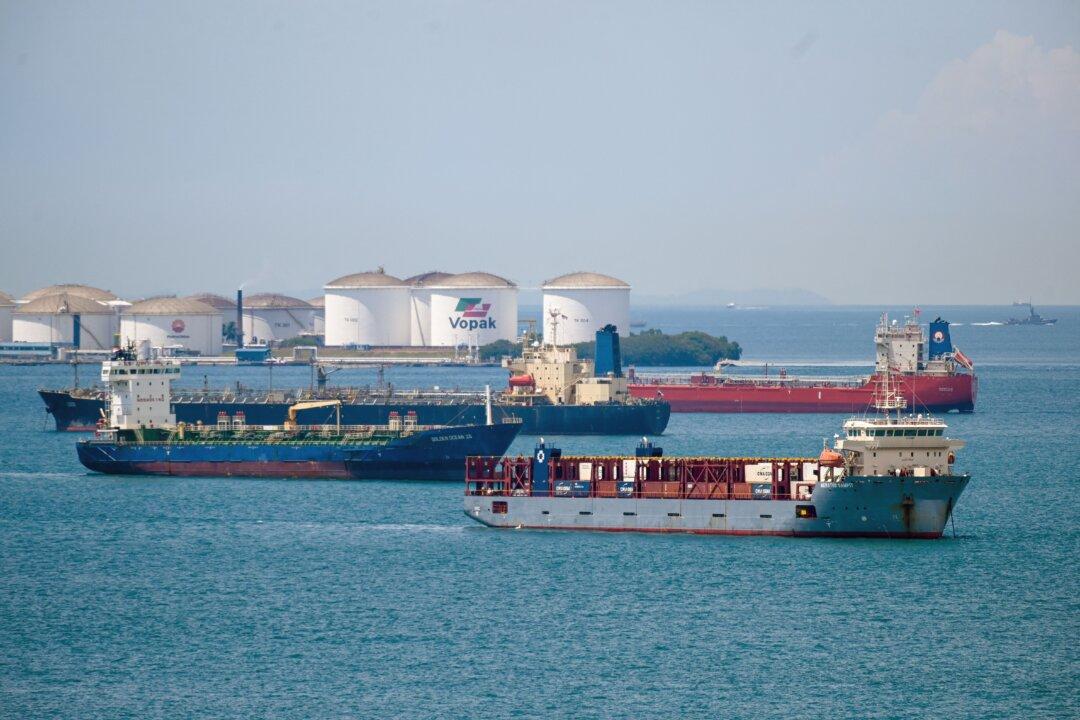Singapore will adopt stricter healthcare protocols over concerns of the Omicron variant, announced Health Minister Ong Ye Kung in the multi-ministry task force press conference on Nov. 30.
While the city-state’s existing approach to handling the Delta variant is to “co-exist” with it, the new protocols are intended to “contain” the emerging Omicron variant, according to Ong.
